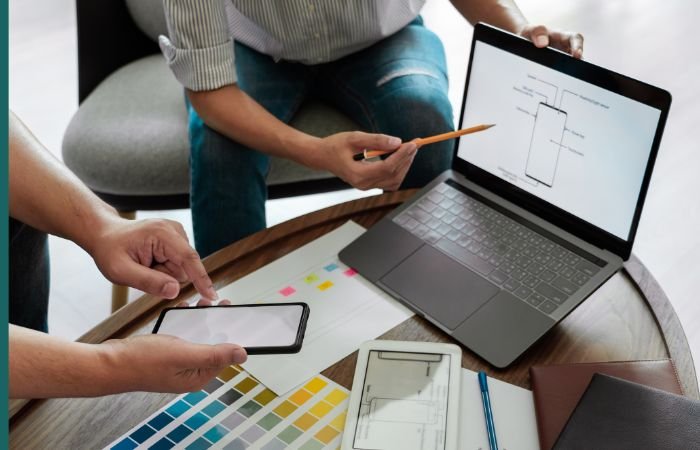So, you want to be an entrepreneur? – The steps towards creating a great new product
It’s no secret that the startup ecosystem is thriving – a record 5.4 million businesses were set up in the USA alone in 2021. More and more people are choosing to make their great ideas a reality, leveraging the latest in digital technologies to embark on their entrepreneurial journey.
Part of being a great entrepreneur is the product development process, which involves many steps, from basic idea generation to building a fully-fledged business. For first-time entrepreneurs, it can be difficult to know exactly when and how to put the wheels into motion with a business plan. So, where should they begin?
Becoming an inventor – it’s never been more popular!
A range of factors have provoked a veritable boom in the number of people setting up their own small businesses in recent years. Clearly, it’s important to consider the impact of the Covid-19 pandemic when people generally had more time on their hands and embarked on new projects. Many chose to make and sell their own jewellery, or perhaps undertook online courses to learn new skills – something that normally wouldn’t fit into their busy everyday lives.
Beyond the initial impact of ‘lockdown hobbies’, more recently countries across the globe have been suffering the effects of a phenomenon dubbed the ‘Great Resignation’. A record number of employees are quitting their jobs and embarking on a new path, with some of these former employees choosing to set up their own business. Simultaneously, a larger pool of venture capital has become available to budding entrepreneurs, with 92% growth reported between 2020 and 2021. As a result, it has become easier than ever to become an entrepreneur for the first time.
Starting the product development journey
When an idea for a business has a physical product at its core, prototyping is the exciting first step. A prototype is the physical embodiment of an idea, which can be used to test the idea’s feasibility. It can be used to get feedback from a wide range of stakeholders, as well as convincing those stakeholders that a business idea has potential.
But prototyping is much more than having something to physically hold in your hand. It’s a key stage in the product development journey, during which you grow personally as an entrepreneur alongside creating a product. There are lessons to be learned, and hurdles to be jumped over, as well as lots of exciting moments to come.
Building out your initial business plan
In tandem with the prototyping phase is the consideration of a basic business plan. It’s perfectly normal for you to come into prototyping with little to no idea of the world of business. Product development and starting a business should be accessible to everyone, regardless of their career background or initial resource pool. Nevertheless, budding entrepreneurs should approach product development with planning and preparedness, even if a full-scale business plan is not necessary in the early stages.
The best way to start with planning a business’ journey is by carrying out some online research, connecting with other entrepreneurs, and reading up about general business and entrepreneurship. This not only gives an insight into the life of an entrepreneur but can help a newbie gain connections and network with other small business founders like them. All of this will play an important part in establishing a strong entrepreneurial foundation, as well as ensuring an idea and its potential before investing significant time, money, and energy into a longer-term project.
Finally, it’s worth filling out the following checklist before truly stepping forward with your business idea:
What products are already available in your market?
How popular is the market and what does the customer base looks like?
Where is the market thriving?
How could your idea fit into the market?
Is there a need for your product in the market?
Taking the time to sit with your idea and apply appropriate research will pay dividends in the long run. Distilling these thoughts and findings into a short pre-business plan is a useful exercise to conduct before entering the prototyping phase, as you will better understand the potential of your project and what you aim to achieve. These simple steps are crucial in building trust in a business idea and ensuring that a product has potential to succeed in its market.








